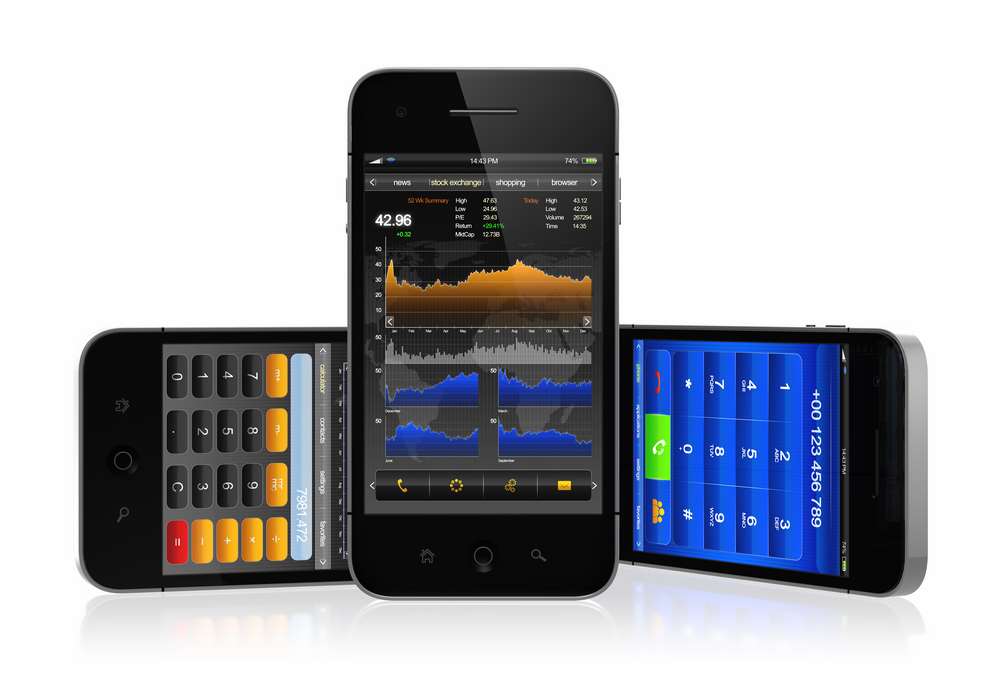Trading
MiFID II – A hidden sales opportunity?
Published : 6 years ago, on
By James Cusack, Global Head of Sales, Caplin Systems
By viewing the greater transparency demanded by MiFID II as an opportunity to create more intelligent relationships with their FX clients, I believe banks can win more business with leaner sales teams.

James Cusack
It is understandable that some market participants have viewed the implementation of the MiFID II rules with trepidation given that they are required to provide a greater degree of detail around their trade execution.
It used to be the case in a dealing room that a client would phone a sales person and ask them for a price. The sales person would then stand up and say ‘I have client X on the line looking to do five million euro to dollar – what is the price?’
Now the majority of requests have to be anonymous and the price is based on the size of the trade rather than the identity of the client. In reality, if a large client calls a sales person they will still make sure the trader gives them the very best possible price, but there are now pre-agreed parameters via which the price is constructed based on the client profile and the type of trade they are doing.
For example, for a hedge fund that is speculatively buying and selling currency the trader will need to add a layer of spread to ensure that as and when the hedge fund rings the other banks on its list to do that trade elsewhere, the trader is covered in the market.
It is understandable that traders want to see the same level of transparency in FX that they see in equity or fixed income trading, even though as a primarily over-the-counter or OTC market, FX lacks the inherent transparency of a centralised market.
Technology has a role to play in improving accountability. For example, the rates received by the traders who use smart trading systems are based on prices from across the market so they can see how the spread has been calculated.
This is important because FX traders typically have multiple tiers of clients and could at some future point be asked to justify the spread applied to each of these client groups. If a regulator were to ask years later why a particular quote was priced as it was, the trader could show where the market was and how the sales spread was calculated.
As mentioned above, smart trading systems do not prevent sales people from offering certain clients better prices – they simply ensure that pricing is tracked and recorded and enable the sales person to include an explanation of why they changed the spread.
This is significant because banks are facing unprecedented pressure on costs. Margins are shrinking and as a result headcount is falling, so it is vitally important for FX sales desks to be able to justify their existence.
The FX market has moved towards a self-service, electronic model, which has been accelerated by the poor behaviour of some sales and trading staff in the past,
The majority of trades that go through in banks now are auto-quoted by the trading desk by an algorithm, auto-quoted by the sales desk to the client and confirmed, executed and settled without anyone in the back office even seeing it.
As there is less human involvement in the trade life cycle, banks don’t need so many sales staff. Those that remain are more akin to quants in that they have opinions on where the market is going and can back up those opinions based on research.
They are contacting clients rather than waiting for clients to contact them and smart trading systems support this by enabling sales staff to schedule activity. They can then ask clients whether rather than doing their trade as a spot deal or a vanilla forward, they might want to talk to the bank’s derivatives desk about currency options.
More intense hedging strategies still tend to be discussed with a sale specialist over the phone, who might be one of only a handful of people fulfilling this role in each bank.One of the most effective means of underlining the importance of these sales people is to improve efficiency. This can be achieved by getting clients to self-serve but having a management information system to demonstrate value and proactivity in increasing margin/wallet share.
Trading systems used to be only for deal capture – the users would have separate risk analytics, credit and management information platforms. By moving elements of all these functions into a single trading system, when the client calls the sales team a high-level decision support window will pop up and show the average deal size of the client, the last five trades they completed and their profitability.
This gives the sales person the information to make an informed decision on where they should price the client.When a sales person looks at a credit system, most of the time all they are checking is whether they have enough credit to do the trade. Smart trading systems raise a flag when the client is close to reaching their limit in one of their currency accounts or their overall credit limit, enabling the sales person to discuss strategies that could be used to reduce their outstanding balance in credit.
These developments enable client trades to be attributed even if they are done on a self-service basis, increasing the visibility of eFX across the investment banking arm by highlighting the profitability of the sales desk relative to its more modest headcount.
Compliance with MiFID II comes at a cost. However, intelligent institutions are overcoming budgetary constraints by using the compliance budgets allocated to MiFIDII to re-tool existing systems to the overall benefit of the user.
In conjunction with the Global Code of Conduct, MiFID II has created a more level playing field within the FX industry. The ability to demonstrate full compliance is vital to maintaining market credibility and will also serve to limit the impact of firms who have used technology to distort the market.

-
Finance3 days ago
Phantom Wallet Integrates Sui
-
Banking4 days ago
Global billionaire wealth leaps, fueled by US gains, UBS says
-
Finance3 days ago
UK firms flag over $1.4 billion in labour costs from increase in national insurance, wages
-
Banking4 days ago
Italy and African Development Bank sign $420 million co-financing deal







